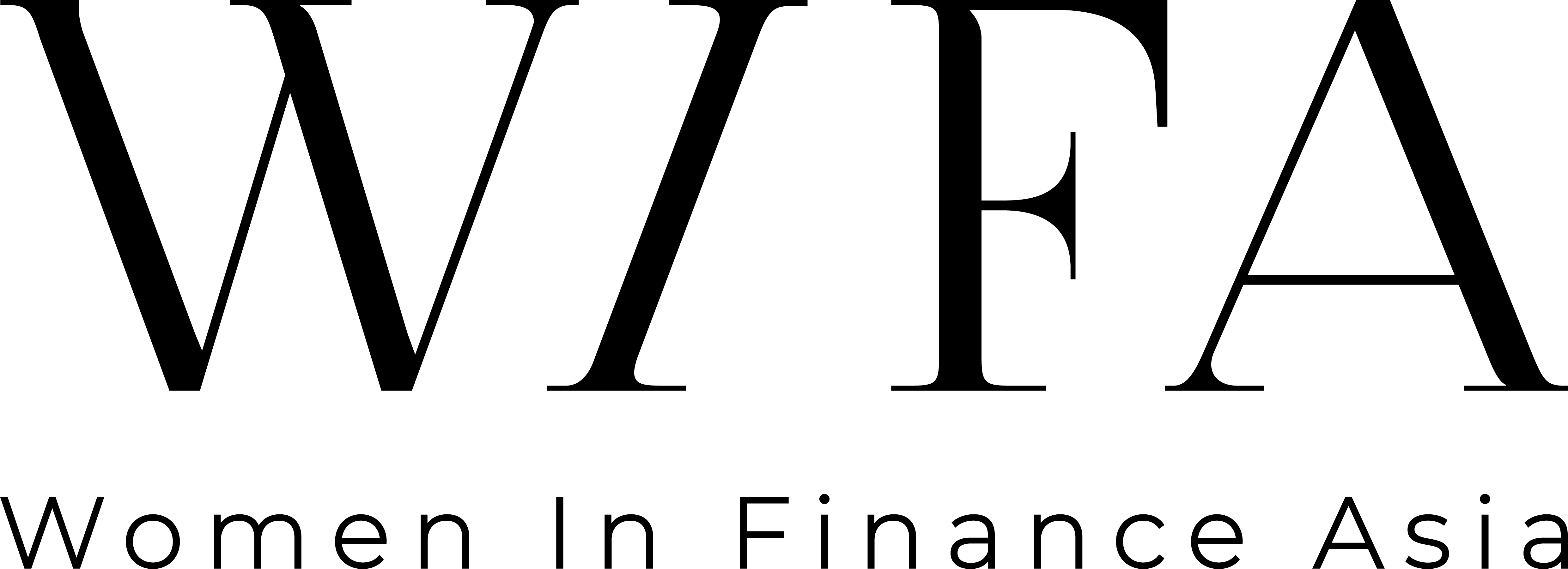How would you introduce yourself?
I am a New York City transplant who is passionate about entrepreneurship and female empowerment. At State Street Bank, I co-founded and lead a fund business research group that develops market intelligence covering 20+ countries to support global asset managers’ international expansion. Outside of work, I design financial literacy and business workshops that reach hundreds of migrant domestic workers. Back at home, in Chinatown, I explore new ways to partner with non-profits and other small businesses to help my family’s Chinatown business stay resilient against the tides of rapid gentrification and community displacement.
When did you join WiFA and what is your current role?
I was drawn to WiFA because I was looking for a community of women and allies who were equally passionate about the intersection of business, social impact, and personal development. At WiFA, I found a group of super-engaged leaders who not only had brilliant ideas but also the facilities to execute on plans that enriched their communities. As the Co-Chair of the Philanthropy Committee, I help steer WiFA’s engagement with local Hong Kong causes. In 2019, we helped selected charities to identify new corporate partners, increase brand awareness, and receive fundraising support. We have also connected these groups to over 40 volunteers (providing 300+ volunteer hours) to educate 600 domestic workers about sound saving and investing habits.
Which committee will you be leading in 2020? What are your key goals?
WiFA typically engages with our community partners over a period of one year, so it is critical that we contribute in ways that are meaningful and sustainable for our selected charities. This year, we continue to focus on education initiatives that support often overlooked communities in Hong Kong, including female migrant workers and minority groups. We are excited to scale our work with domestic workers to reach new online platforms and cohorts of students. We are also excited to extend our collaboration with our corporate partners and WiFA subcommittees to recruit volunteers and develop fundraising campaigns.
Tell us one thing that is important for #CreatingTheWorkforceOfTheFuture.
Creating the Workforce for the Future requires empathy and open mindedness for others. We live in an increasingly interconnected world. At work, we come into contact with colleagues across generations and who have different upbringings, languages and customs. Yet, it is also easy to become absorbed in our respective bubbles of comfort and familiarity. As a member of the present workforce, I believe it is important to make the effort to initiate new conversations and engage in community action groups in order to expand beyond my bubble.
What advice would you give to women who want to lead?
Take stock of the people and networks that have supported you and reach out to stay in touch, even if it has been years. People tend to appreciate those who make the first move. So reach out to catch up over coffee, send an article that reminded you of them, or email an update about your life to reignite the connection.
Tell us one unexpected or fun fact about you
I help run a family import business in Chinatown, New York and have traveled across China and Hong Kong to source fine cultural goods that range from rare teas to premium incense. My sourcing work has allowed me to also interview local craftsmen and produce mini-documentaries about Hong Kong’s rich cultural history for CNN.
